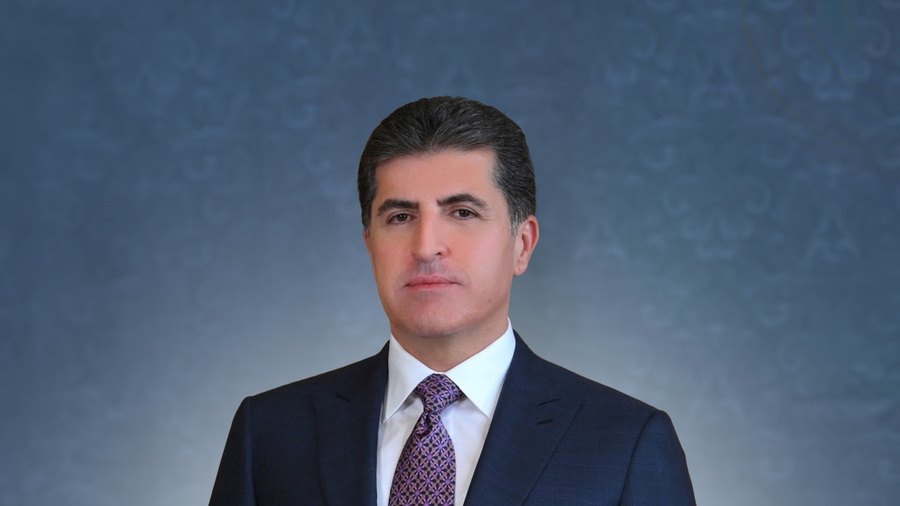President Nechirvan Barzani Honors Victims of Balisan Chemical Massacre, Urges Unity for a Stronger Kurdistan
Barzani called for honoring the memory of the martyrs not only through remembrance but also by building a better future for Kurdistan—one rooted in unity, harmony, and a renewed commitment to public service.

ERBIL (Kurdistan24) — Kurdistan Region President Nechirvan Barzani on Wednesday paid solemn tribute to the victims of the 1987 chemical attacks on Balisan, Sheikh Wasanan, and Khoshnawati Valley, marking the 38th anniversary of one of the darkest chapters in Kurdish history.
In a heartfelt statement, President Barzani expressed deep reverence for the victims, describing them as “pure souls” who were brutally murdered by the former Iraqi regime. “With respect and gratitude, we remember them and extend our heartfelt regards to their proud families and loved ones,” he said.
Barzani emphasized that the chemical bombardment of these villages was part of a broader, systematic campaign against the civilian population and environment of Kurdistan. “The aim was to crush the Kurdish people’s desire for freedom and to punish patriotic communities that have always been strongholds of resistance and Peshmerga bravery,” he noted.
“The freedoms and achievements we enjoy today in the Kurdistan Region are the result of the blood, sacrifices, and perseverance of the people of rural Kurdistan,” he added. Barzani called for honoring the memory of the martyrs not only through remembrance but also by building a better future for Kurdistan—one rooted in unity, harmony, and a renewed commitment to public service.
“Glory to the memory of the martyrs of Khoshnawati and all the martyrs of Kurdistan,” the President concluded.
The chemical attacks on the Balisan Valley and surrounding villages were carried out by Saddam Hussein’s Ba’athist regime on April 16, 1987. These attacks, involving the use of deadly agents like mustard gas and possibly sarin, were part of the broader Anfal Campaign—a genocidal military operation aimed at eradicating Kurdish resistance and depopulating rural areas considered loyal to the Peshmerga.
The assault on Balisan was one of the earliest instances of chemical warfare used by the Iraqi government against its own population. It served as a grim precursor to the infamous Halabja massacre of 1988, where over 5,000 civilians were killed in a single day by poison gas.
The victims of these attacks were mostly civilians—women, children, and the elderly. Survivors continue to suffer long-term health complications, and the trauma remains deeply embedded in the collective memory of the Kurdish people.
Despite international recognition of the atrocities as crimes against humanity, justice and accountability remain elusive. The anniversary of these massacres is a moment not only of mourning but also of reflection on the resilience of the Kurdish people and their ongoing struggle for peace, dignity, and self-determination.